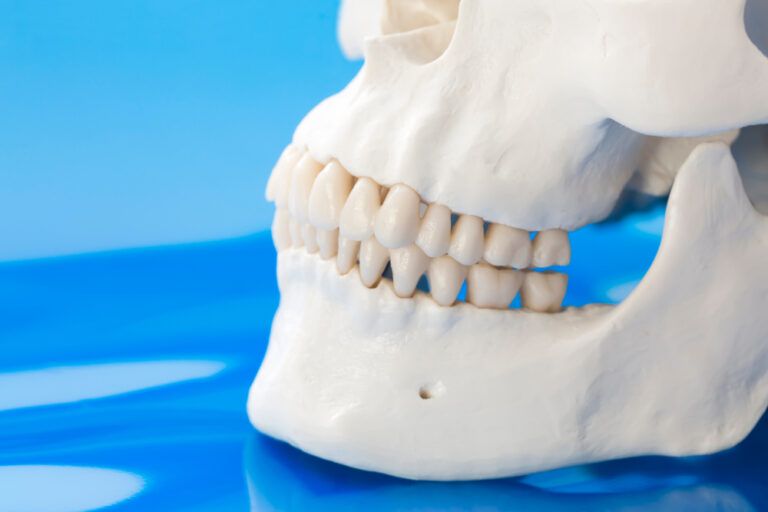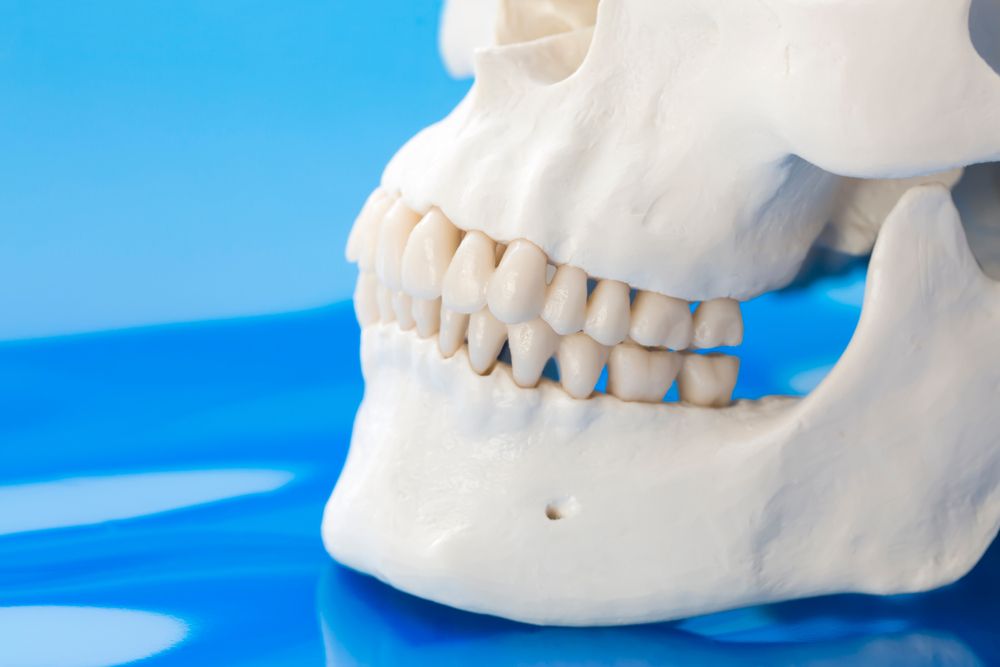Can Osteoporosis Cause Issues For Dental Implants?


People with missing teeth often have coinciding problems with their oral health, including cavities and gum disease. However, more often than not, it comes down to osteoporosis, a condition that causes poor bone density in areas such as the knees, arms, and in this case, the jawline. So, can missing teeth be treated with dental implants if someone has osteoporosis? We’re here to provide insight into why it’s challenging to treat and the options for patients seeking successful outcomes.
The Relation Between Implants and Osteoporosis
Osteoporosis causes the bones to become porous and weak. It’s a condition that occurs more frequently in women than meant. Often this condition affects the major bones, such as the femur, but it can also affect the rest of the body, including the jawbone. Our jawbones are what hold our teeth in place and are part of the core aspects of how dental implants work.
Dental implants work through the process of osteointegration to heal and mend the implant post and jawbone together. For people with osteoporosis, the condition hinders this process because the bone density is so low and frail. Most often, dentists do not recommend dental implants for those with a poor jawline, but for those who cannot afford to have alternative options, some dentists can provide treatment that can replenish bone density before implant procedures.
However, these methods also depend on what medicines are being taken to treat osteoporosis. Some medicines, such as bisphosphonates, can cause difficulties with healing after surgery, and many are associated with implant failure due to the effects of this slow healing process.
How Can Dentists Treat Osteoporosis in the Jawbone
Informing your dentist about the medications you’re taking is the first important step in your treatment, as many medications used to prevent bone reabsorption tend to have the risk of a serious condition called osteonecrosis, causing severe damage to the jawbone. However, in mild to moderate cases of osteoporosis in the jawbone, certain dentists can provide treatments to help relieve your condition and even prepare you for dental implants, such as:
- Postponing Osteoporosis Medication: Postponing osteoporosis medication may be recommended by your dentist to help assess the overall condition of your jawline for further treatment. However, it’s often preferred by many dentists that patients should get dental work done first before their medication to prevent the onset of osteonecrosis.
- Conservative Approaches: Using minimally invasive procedures for implants can help maintain healthy tooth and jaw strictures, reducing overall dental costs, improving preventative measures against serious conditions, and better aesthetic functions. Some options for minimally invasive implants include mini dental implants, removable restorations, and minimally invasive flapless approaches.
- Osteonecrosis Treatment: Osteonecrosis can be extensively painful and harmful to the mouth, and in treating this condition, bone grafts, osteotomies, and core decompression surgery may be recommended for the mouth to help heal the affected structures. This is often preceded beforehand to help prepare the mouth for dental implants and requires the cooperation of the patient’s medical team to accomplish.
For more information about osteoporosis, its risks, and your candidacy for dental implants, the best resource you can go to for treatment options is your local oral surgeon or primary dentist for an appointment.
